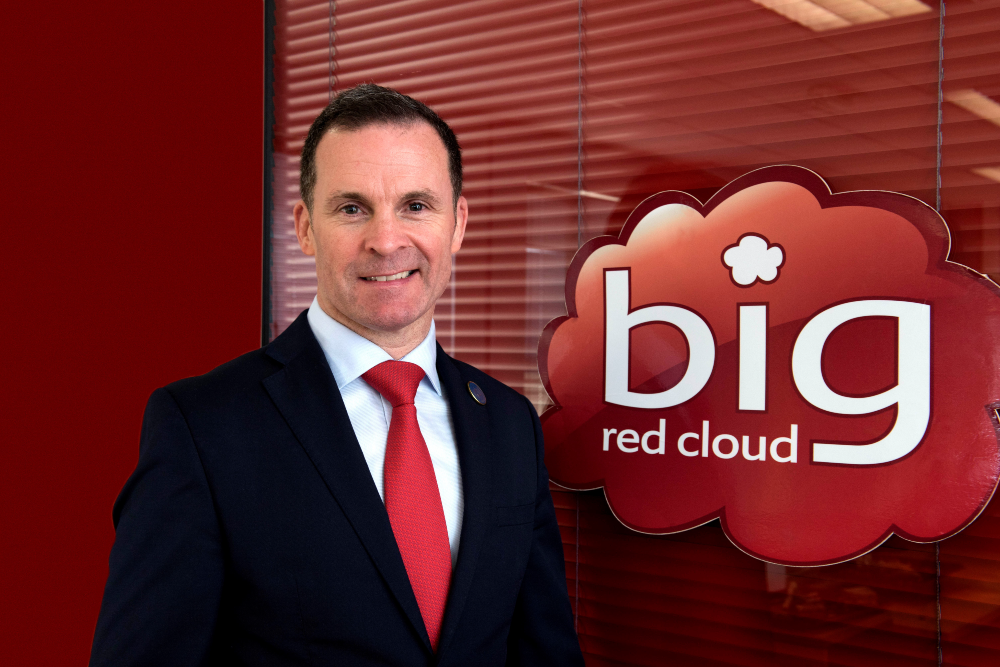Ireland needs to work harder to ensure boardroom gender balance as the latest Balance for Better Business report for 2020 reveals disappointing progress.
“There is still insufficient representation of women in executive director roles and the appointment rate of women to boards remains disappointing.”
That was the assessment of Tánaiste and Minister for Enterprise, Trade and Employment Leo Varadkar, TD , of the latest Balance for Better Business report.
“Board diversity – in all its forms – is not just ‘a nice to have’, it’s about being commercially effective”
The latest report shows that only 27pc of all new board appointments to publicly-listed companies in the past year were women.
This represents a significant reduction on the 50pc recorded from March 2019 to September 2019.
“This report shows that we have seen some progress in female participation on boards and leaderships teams, especially for ISEQ20 companies, where the average representation on boards is up from 18pc when the initiative was launched in 2018 to over 27pc now. Ireland continues to close the gap relative to the EU27,” the Tánaiste said.
Minimum target
Balance for Better Business has set a minimum target of at least 33pc women on the boards of ISEQ 20 companies and 25pc for other listed companies by 2023.
It is a business-led group, which has been tasked by the Irish Government to make recommendations with a view to accelerating the achievement of gender balance in business leadership. While the government has not ruled out more prescriptive measures, it believes a business-led approach offers particular advantages in setting and achieving standards across senior leadership in Ireland. A similar initiative in the UK initially led by Lord Mervyn Davies has seen substantive advances over recent years in the setting and achievement of voluntary targets for gender balance in senior decision-making roles
The 30% Club Ireland has welcomed the latest report from Balance for Better Business, saying that it reflects continued momentum towards gender balance on boards of major companies with figures for the ISEQ 20 now reaching 27pc representation. It also welcomes the extension of the targets to include multinational organisations in addition to monitoring senior management levels of organisations across all aspects of Irish business.
The 30% Club is part of a global campaign advocating for greater diversity balance at senior decision making levels and now comprises of 260 of Ireland’s largest employers across all sectors, public, private and state representing more than 600,000 Irish employees.
The Chair of the 30% Club Ireland Rachel Hussey said: “There is real progress here and Ireland has now progressed to match the equivalent EU average on boards in terms of gender balance, which is a very strong achievement when done on a voluntary rather than a quota basis, the latter being the approach for many European countries”.
However progress is still mainly confined to ISEQ20 firms with firms such as CRH leading the way with a board gender balance of 50pc, while beyond the ISEQ 20, eight boards of listed organisations still operate on an all-male basis despite the government backed review setting a target of no all-male boards by end 2019.
The 30% Club Ireland welcomed the continued expansion of the review which now includes private and multinational organisations; together with the additional focus on gender balance across senior management teams.
“Unlike reviews in most other European countries, the Irish review goes beyond the boardroom, to include the setting of targets at senior management levels which is critical to developing senior talent pipeline for both leadership and board roles” said Hussey.
“However, the focus on senior management roles again shows disparity across organisation types with many organisations making strong progress but with 38pc of listed organisations in Ireland continuing to operate with no female presence on their most senior teams.”
The Institute of Directors also welcomed the report but called for closer monitoring of progress, or lack of.
“From a governance and board perspective, while there are both positives and demonstrable progress in this report, we are not seeing the pace of change we would like on the issue of gender diversity and boards,” the CEO of the Institute of Directors Maura Quinn said.
“Board diversity – in all its forms – is not just ‘a nice to have’, it’s about being commercially effective. It allows the best mix of skills and expertise to be harnessed to drive long-term shareholder value and business growth. We need to address some of the barriers to more diversity in the boardroom, such as unconscious bias and less access for women to the same networks of contacts as men.
“A crucial point to make in this regard is that we need to ensure more transparent and planned succession planning and recruitment processes at board level. Our ‘Diversity in the Boardroom’ report last year found that only one-in-10 board members were appointed through an independent recruitment process. This leads to the reinforcement of the perception that board appointments are about personal contacts rather than selecting the best candidates.”
By John Kennedy (john.kennedy3@boi.com)
Published: 16 December 2020






